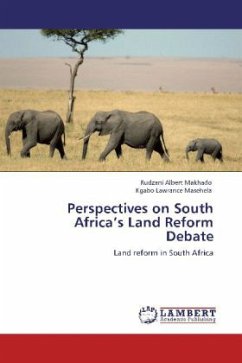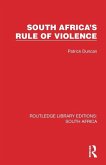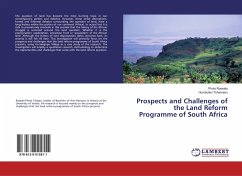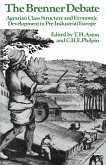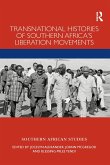The democratic government of South Africa has inherited the worst racially skewed land distribution in the world. Whites owned 87% of the agricultural land, whilst blacks owned 13% of the agricultural land. The government of South Africa has a challenging, but necessary responsibility of ensuring that land reform is speedily addressed so as to meet the socio-economic and developmental needs of all people, particularly in rural areas. This monograph brings together views and opinions on land reform challenges in South Africa. It highlights how the apartheid policies and systems have led to imbalance and racial allocation of land. It also brings facts on the urgent need for land reform, and challenges hampering progress on land reform. The monograph also demonstrates the links between land reform and rural development, and explores gender equity in the allocation of land. The idea of this monograph is to encourage all sectors to engage and debate about land reform challenges until common consensus is reached. This is an interesting monograph and we hope that the general public, politicians, decision makers, researchers, managers, farmers, students and learners will enjoy it.
Bitte wählen Sie Ihr Anliegen aus.
Rechnungen
Retourenschein anfordern
Bestellstatus
Storno

